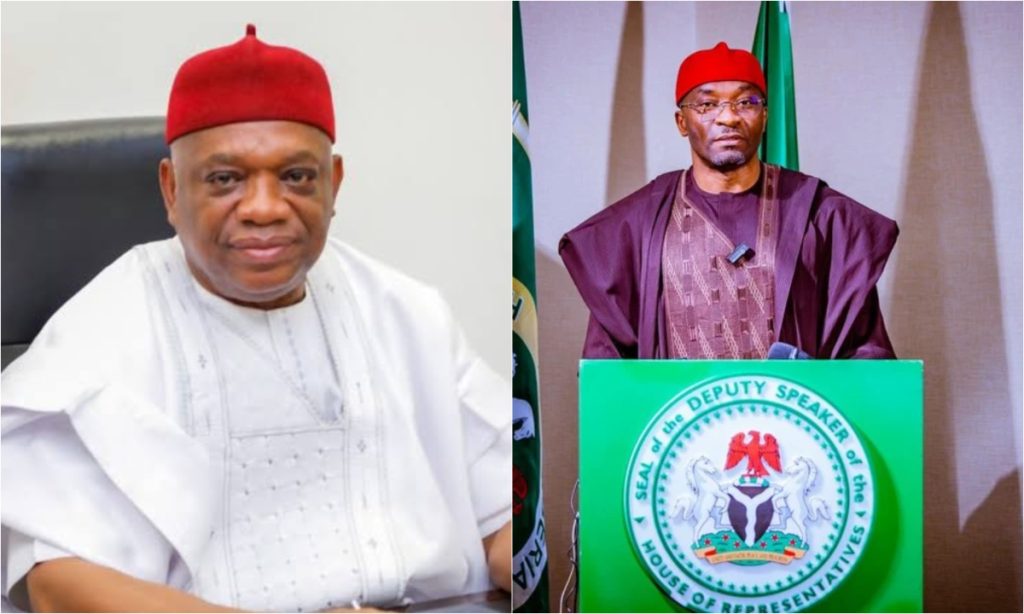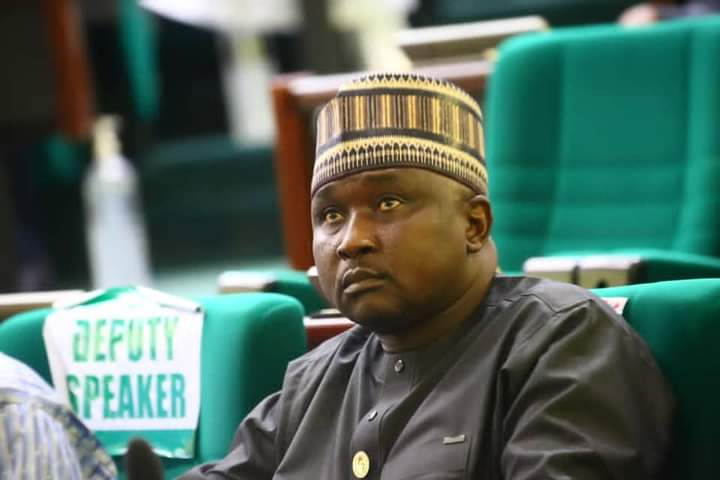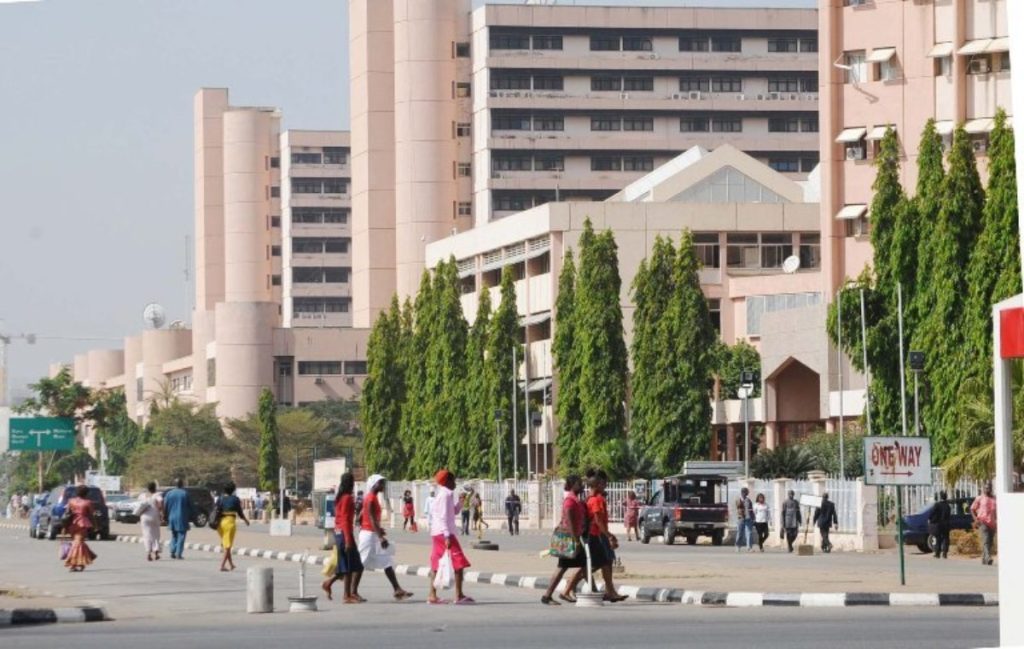President Bola Tinubu has returned to Abuja after a 10-day working visit to Lagos, where he engaged in various activities aimed at promoting Nigeria’s economic and cultural development. According to a statement by Presidential Spokesperson Bayo Onanuga, the president’s visit was marked by significant meetings with major investors, including Bayo Ogunlesi, CEO of Global Infrastructure Partners, and HaKeem Belo-Osagie, Chairman of Metis Capital Partners.
During his stay in Lagos, President Tinubu also received Arsenio Dominguez, Secretary-General of the International Maritime Organisation, alongside Marine and Blue Economy Minister Adegboyega Oyetola and other sector leaders. The president reaffirmed his commitment to positioning Nigeria’s maritime sector as a strong alternative to fossil fuels, highlighting the importance of diversifying the country’s economy.
In the run-up to Nigeria’s 65th Independence Day, President Tinubu visited Imo State to commission key projects completed by Governor Hope Uzodimma. He also unveiled a book by Governor Uzodimma, documenting 10 years of APC governance in Nigeria. On Independence Day, the president addressed the nation from the historic State House, Dodan Barracks, in Lagos, and later inaugurated the renovated National Theatre, now renamed the Wole Soyinka Centre for Culture and the Creative Arts.
Over the weekend, President Tinubu traveled to Jos, Plateau, for the burial of Mama Lydia Yilwatda, mother of APC Chairman Prof. Nentawe Yilwatda. At the funeral, the president paid tribute to Mama Yilwatda and reaffirmed his administration’s commitment to religious fairness and national unity. The president’s working visit to Lagos and subsequent engagements underscore his administration’s focus on promoting economic growth, cultural development, and national unity.
The president’s efforts to promote Nigeria’s maritime sector and diversify the economy are particularly significant, given the country’s reliance on fossil fuels. By exploring alternative sources of revenue, the government aims to reduce the country’s vulnerability to fluctuations in the global energy market. As Nigeria continues to navigate its economic and cultural development, the president’s initiatives are likely to have a lasting impact on the country’s future.



